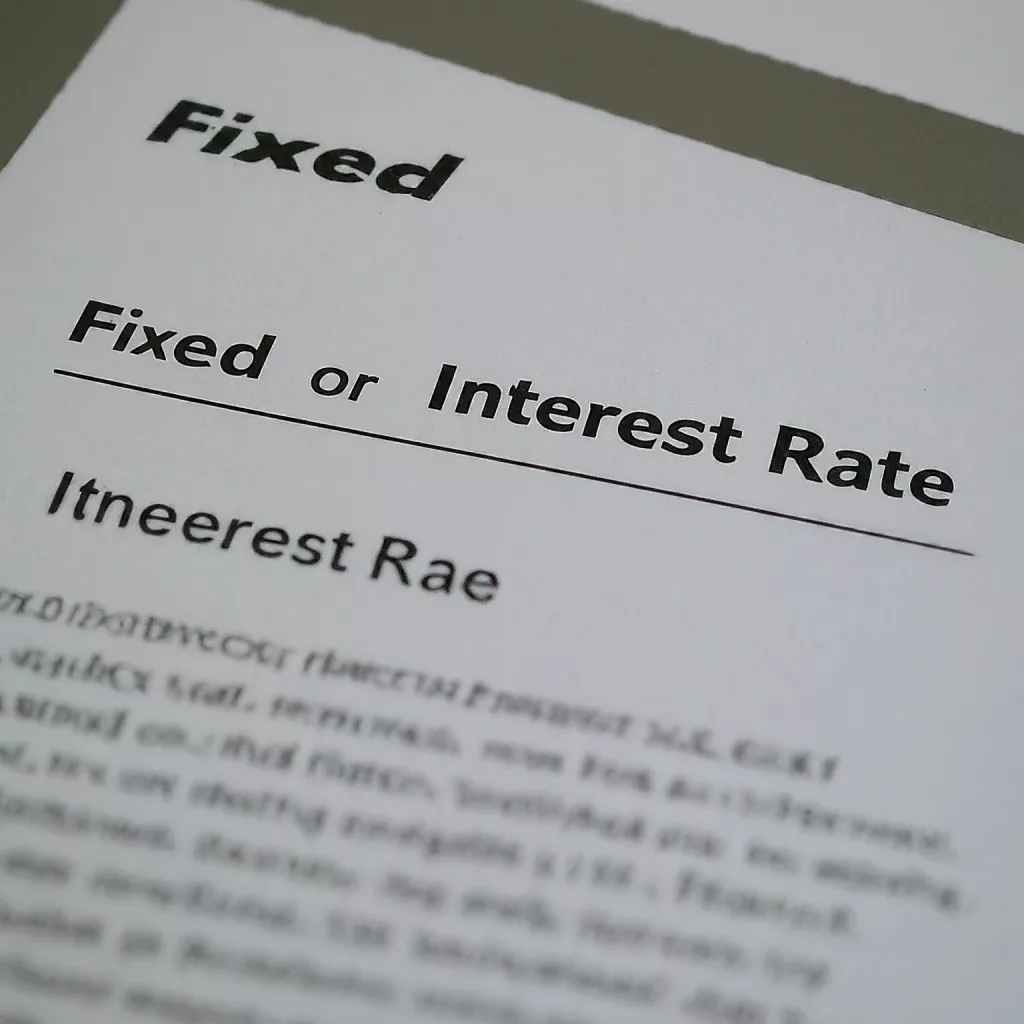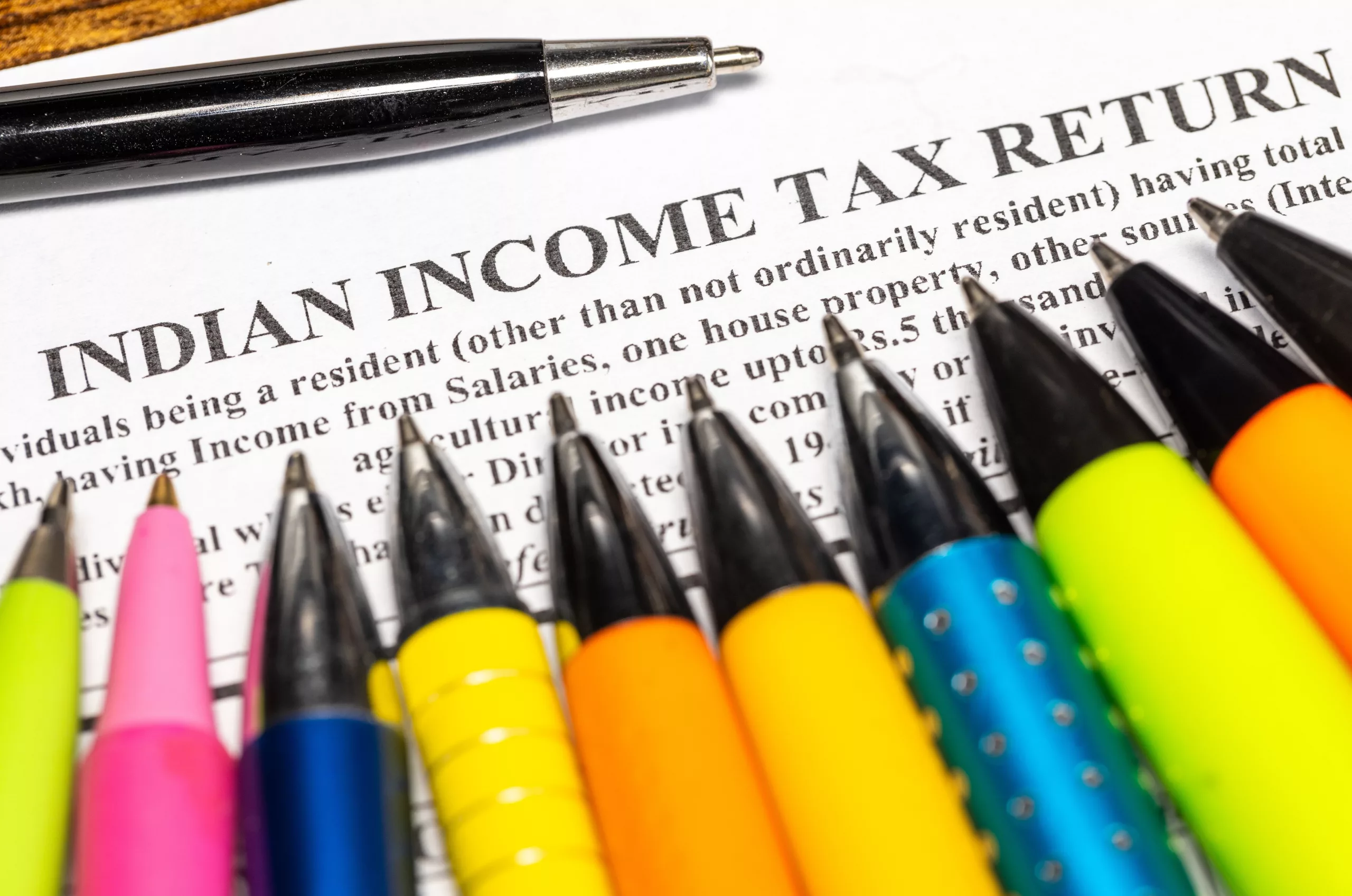Is it better to have a fixed or fluctuating interest rate on a home loan? Which is the superior option?

The decision to choose a fixed and fluctuating interest rate has always been important for borrowers. A home loan’s interest rate assumes its affordability. You can choose the interest rate, according to you. You can choose a fixed interest home loan and a fluctuating home loan.
Here’s the important thing: you can understand the difference between the two options. Firstly fixed-interest rate, secondly fluctuate-interest rate.
One of the most important factors to be considered when finalizing the desired home loan deal.
Meaning and benefits of fixed interest home loan
Fixed interest home loan ensures that the borrower only has to pay fixed equal installments. When fluctuating any interest rates, your fixed-rate home loan is not affected. Most of the time, monthly payments made during the original stages of home loan repayment are used to pay out the interest and when payments are made in the overdue stages of the monthly payment of the loan, the principal is checked.
The benefits of a fixed-rate home loan are of following points:-
● There is no difference in the rate of interest, irrespective of market variations.
● It ensures financial security since customers need not predict any future risks.
● It can be higher than variable rates.
● Borrowers are more likely to choose fixed-rate loans during periods of low-interest rates.
Meaning and benefits for fluctuating – interest rate home loans
Fluctuate Interest rate means that it is volatile and keeps on changing as per the market scheme. This type of interest rate depends on the base rate given by several lenders, so whenever the base rate changes, the interest rate automatically changes. Nowadays, the floating interest rate is becoming more important and is evaluated as the first choice of home buyers.
The benefits of the fluctuating rate of home loans are of following points:-
● It exceeds the interest rate, it will not be for the entire loan. There are chances that the floating rates might come down after a certain period.
● Floating interest rates are usually set 1% to 2.5% lower than the fixed interest rate assigned by the same lender.
● It is offered by a bank or non-banking financing company is usually lower than the fixed rates it offers its customers.
Which interest is better:- Fixed and fluctuate interest home loan
It is a simple method but the explanation of not changing is a more complicated situation. According to thinkers, The borrower is likely to pay less interest overall with a variable rate loan versus a fixed-rate loan. The borrower must also evaluate the amortization duration of a loan. The longer the amortization period of a loan, the greater the effect a change in interest rates will have on your payments.
In such a method, it is best to analyze how interest rates may change in limited decades. If the probability of interest rates changing is lower, then it is best to choose a fixed rate of interest for a home loan.
When it arrives at choosing the interest rate, a prevalence of home loan borrowers go for floating rates.
Finally, it is up to the borrower to decide what is best. Before taking a decision, the borrower should compare home loans from different societies in detail, including the various parameters set forth. If assurance and security are prime appreciations, a fixed-rate home loan will be the best. However, it would not come without the premium on interest rates. Though your choice of loan has a material influence on the eventual cost of the home, you have the flexibility to change how interest is levied on your home loan depending on the situation.







